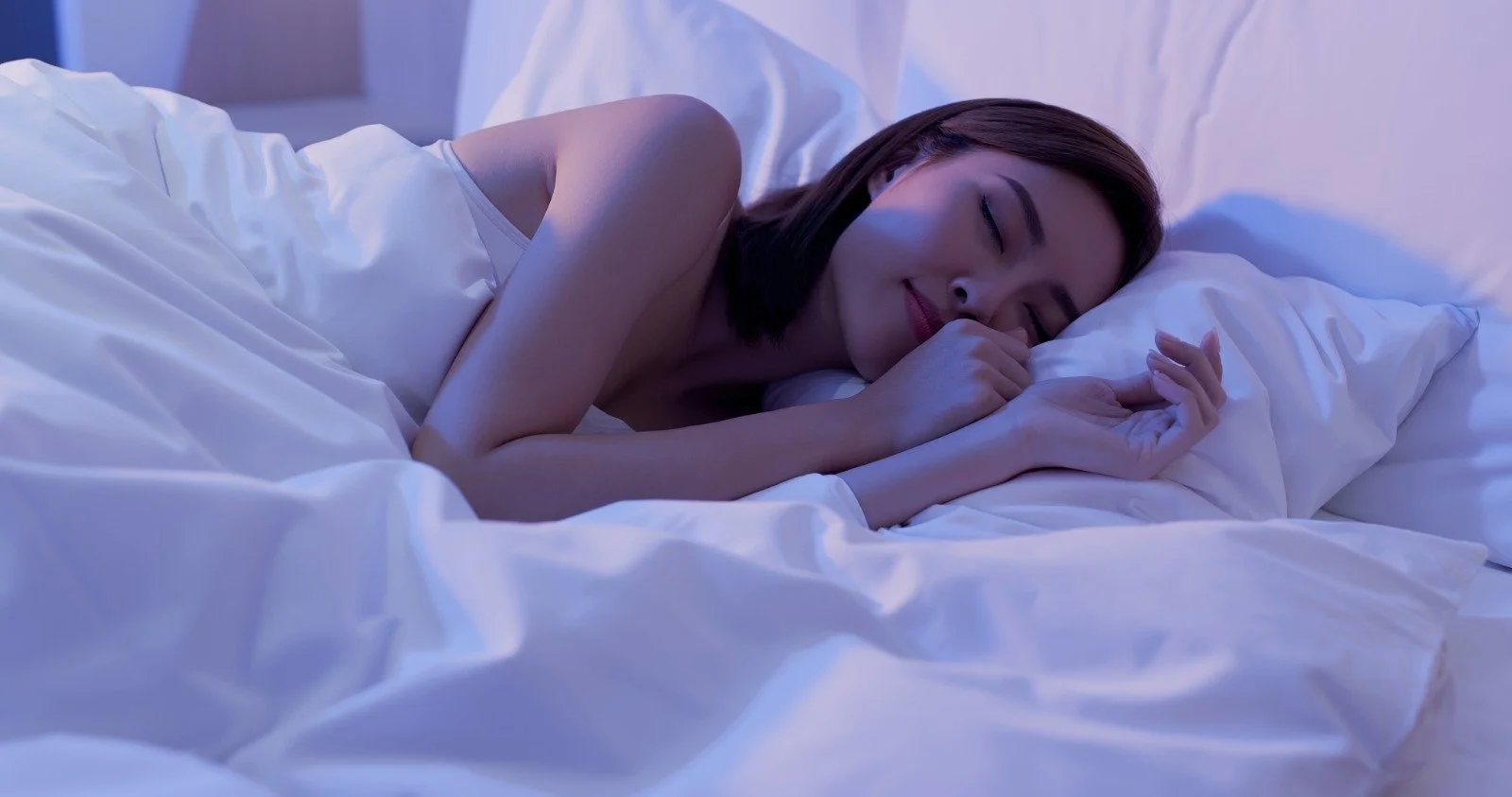Sleep Hygiene Checklist: Add these Two Rs for Better Sleep
Everyone knows that good personal hygiene is critical for our health, but few realise that maintaining good sleep hygiene can be just as important. Sleep hygiene encompasses various practices and habits that increase the likelihood of obtaining restorative sleep. Good sleep hygiene has been linked to improved cognitive function, enhanced mood, increased productivity, and reduced illness amongst other benefits.
Unfortunately, with the increasingly faced-paced lifestyle of most urban-dwellers, many sleep hygiene habits have become easy to overlook or ignore. Here’s what you should add to your sleep hygiene checklist so that you can maintain optimal mental and physical well-being.
Introducing The Two ‘R’s
Sleep hygiene becomes a lot less complicated if we simply think about the two Rs - routine and relaxation. Routine is the first good sleep habit. Being biological creatures, our bodies prefer having regular timing for our daily activities like eating, waking, and sleeping. Relaxation, the second good sleep habit, refers to the state that our body and mind need to enter in order to fall asleep easily and maintain that sleep throughout the night. By promoting one or both of these two Rs, we can put ourselves in a much better position to enjoy a better night’s rest.
Routine
Establishing a regular sleep schedule is the most important aspect of Routine. This involves going to bed and waking up at the same time, even on weekends. To achieve this, you may need to monitor how you use your time or utilise digital tools to encourage “plugging out” by a specific time each night. It's important to avoid "sleep procrastination," which is deliberately delaying bedtime for leisure or other activities. By establishing a regular pattern of when you sleep and wake up, you can regulate your body's internal clock and enhance the quality of your sleep.
In addition, you can help your body develop a sleep Routine by engaging in specific rituals before bed. These rituals will eventually become cues that signal it's time to go to sleep. Some examples of these activities include reading a book, practising mindfulness or meditation, or taking a warm bath.
Relaxation
To ensure Relaxation and reduce arousal, it's crucial to understand your body and avoid stressors or stimulants that affect you personally. For instance, most of us are advised to avoid consuming caffeine in the late afternoon or close to bedtime as part of good sleep hygiene. However, research indicates that some individuals are not sensitive to caffeine's effects, so this tip may be less relevant for them. Similarly, the impact of exercising near bedtime can vary from person to person. Generally, light exercise before bed doesn't negatively impact sleep quality for most individuals unless they experience difficulties falling asleep as a result.
On the other hand, there are certain practices that can enhance sleep quality for almost everyone. Our primary recommendation is to pay careful attention to your sleeping environment. Particularly in tropical Singapore, it's crucial to keep your bedroom cool at night, as cooler temperatures promote deep sleep. Additionally, aiming for maximum darkness in your bedroom is important, and investing in blackout curtains is worthwhile. Noise can disrupt sleep, so if it's an issue in your surroundings, consider using noise-cancelling headphones or earplugs while you sleep. Lastly, prioritise your physical comfort! Having supportive pillows and mattresses that suit your preferences significantly contributes to getting high-quality sleep.
Managing Stress Levels
The final tip on our sleep hygiene checklist is to properly manage your stress levels. We're all familiar with the discomfort of tossing and turning in bed, consumed by worries and problems, which undoubtedly hinders a restful night's sleep. Adopting healthy coping strategies like journaling or setting aside dedicated "worry time" earlier in the day can effectively address this issue for many individuals. In more severe instances, it may be advisable to seek assistance from a counsellor or mental health professional.
Discover a Personalised Approach to Better Sleep
Implementing these seemingly small changes can have a significant impact on improving your sleep quality, which in turn positively affects your overall health and well-being. If you're struggling to achieve restful sleep, consider reaching out to us at Somnus for assistance.
Somnus are a team of psychologists dedicated to the belief that fulfilling sleep is a key factor in wellness and happiness. With over 40 years of combined experience in sleep-related research and practice, we are well-equipped to help you. We understand that there are various paths to achieving satisfying sleep and will tailor a plan to fit your specific lifestyle and goals. Reach out to us to learn about the various sleep therapy and solutions available to reclaim a good night’s rest.


